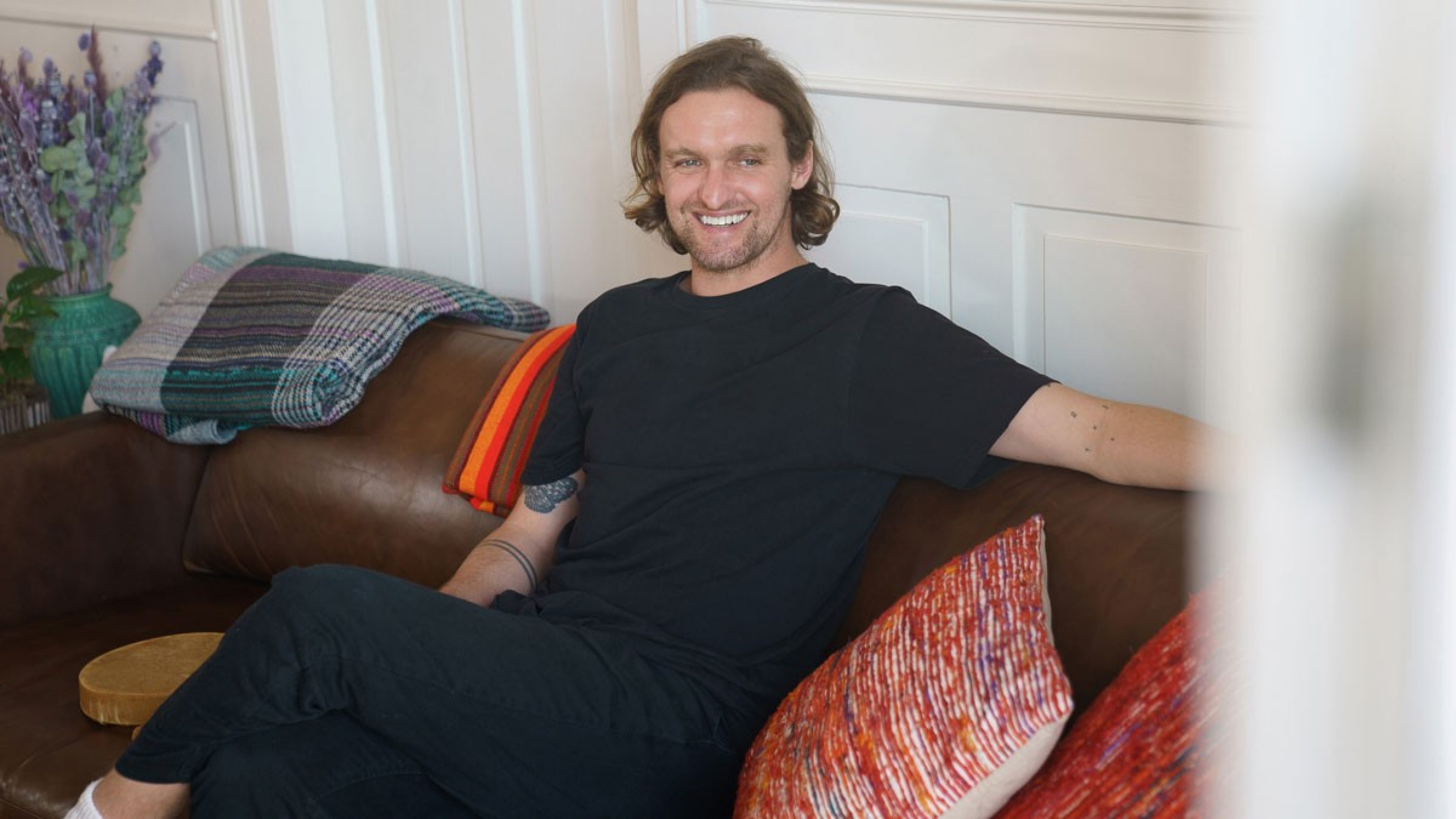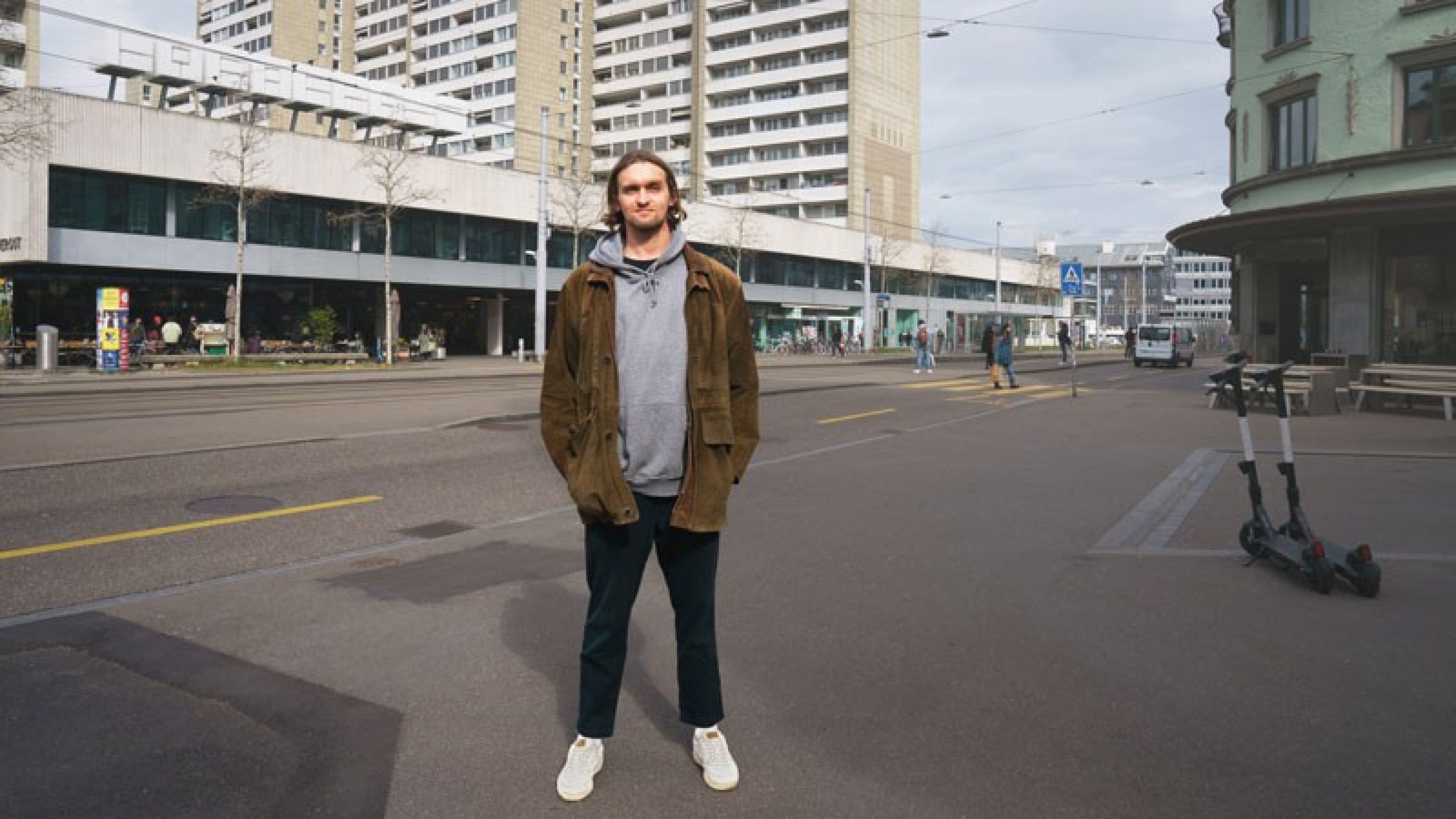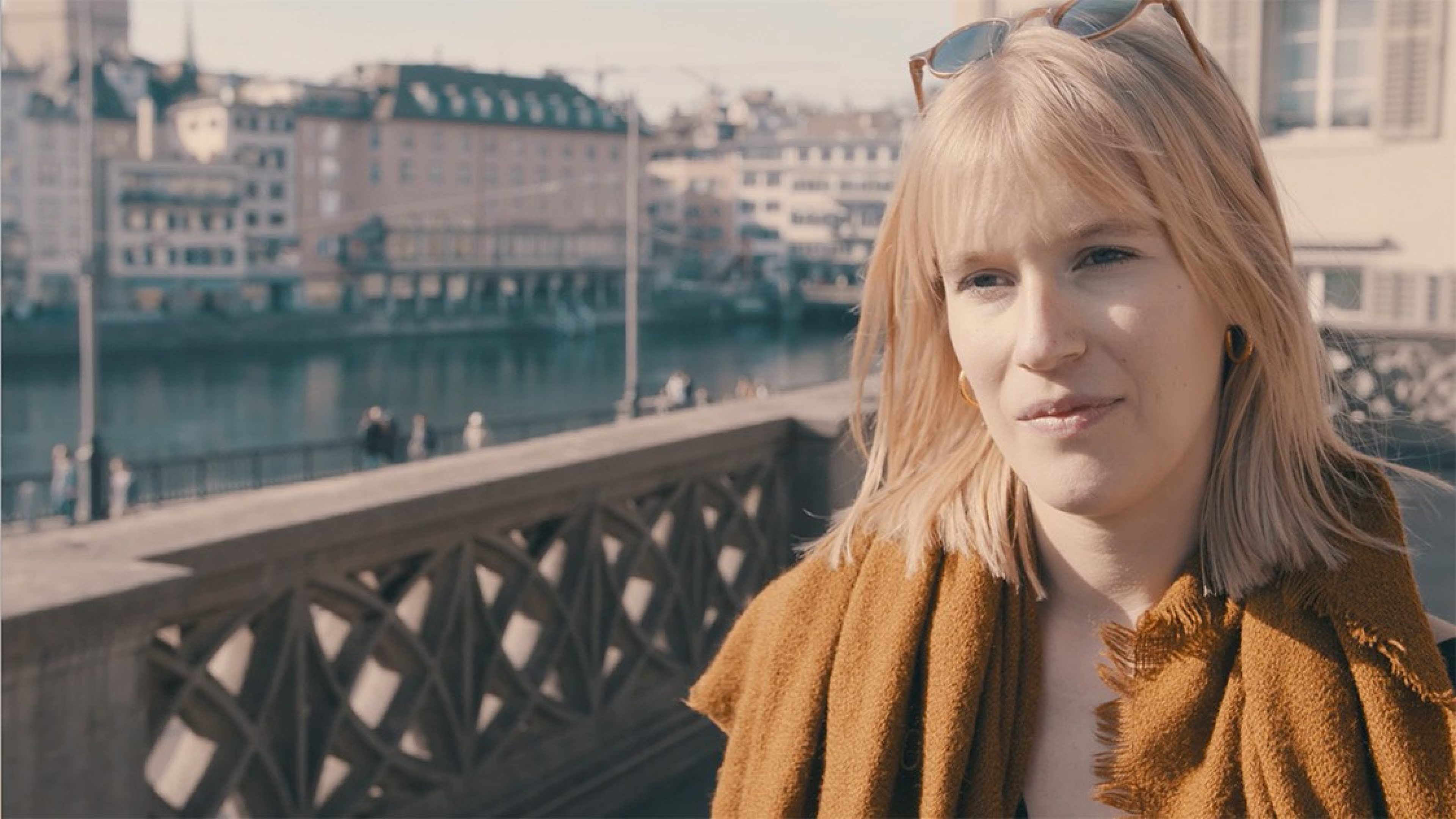Xaver recently moved back to Zurich. He spent the past few years in Africa, where he worked in the field of development economics in Guinea-Bissau, Angola and Sierra Leone. Many of the experiences he gained there have made him what he is today: a self-determined person. Find out in the video interview what he was able to achieve, why he is setting up his own business now and how that affects his pension planning.
Please accept marketing cookies so you can watch this video. Cookie settings
What Xaver experienced and set in motion
Xaver studied development economics for his Master's degree in Lisbon. "An eye opener," as he says. It combined everything that is important to him: his fascination for faraway places, psychology for behavioural economics, food technology for nutritional issues and business administration or economics as a basis.
"Development economics felt like I had found my vocation. I thought Wow! This is me."
Xaver started his first adventure in Africa during the Master’s. He travelled to Guinea-Bissau, a country south of Senegal, for a research internship in the field of "Non-monetary incentives for community health agents". He researched which incentives best motivate "health agents" so they can support the weak health system through their work.
The biggest difficulty was initially the language. Portuguese, Creole and various ethnic languages are spoken in Guinea-Bissau. Xaver only knew Spanish at the time but had to lead a team in Portuguese. This was anything but easy in the first few weeks, but after three-and-a-half months Xaver spoke fluent Portuguese.
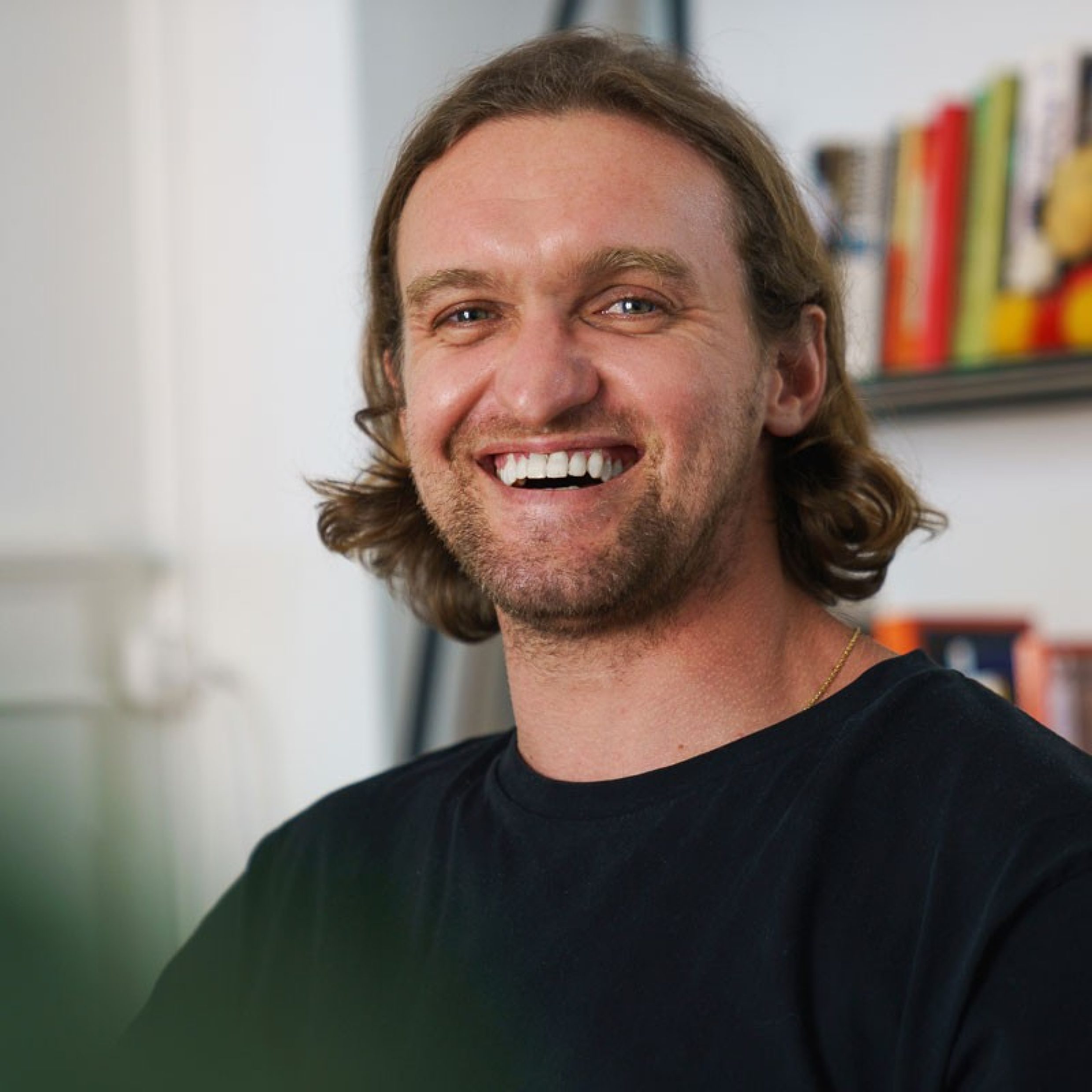
After completing his Master's degree, Xaver returned to Guinea-Bissau. His mission was to coordinate a population census in two regions north of the capital. In preparation for this project, Xaver's task was to design a detailed map of these two regions, as there were none. Together with a team, he developed extensive maps of these two regions, which formed the basis for the population census and subsequent organisation of the work for the community health agents.

After Guinea-Bissau, the next stop was Angola, north of Namibia. Xaver led a research project there that explored how a technological approach could potentially improve the learning experience in primary schools.
Xaver implemented a new tax system
In 2019, Xaver then received an offer for an exciting project in Sierra Leone. Originally scheduled for four months, it turned into several years due to various delays and the looming coronavirus pandemic. In the summer of 2020, Xaver took over the management of the entire project: together with the mayoress of Sierra Leone's capital Freetown, he coordinated the implementation of a property tax system as part of a team. It was to be comprehensive, fair and progressive – a challenge in itself, not only because of resistance from different quarters. However, Xaver didn't let that stop him.
With a 220-strong team, he implemented a tax system that determines the tax rate fairly and transparently based on the quality of a building.
A plan was developed on how to issue tax bills in a city without a proper address system and galvanise residents to pay. After two-and-a-half years, Xaver was able to hand over the system to local successors to continue with the full handover to the local government.
Xaver's path to self-employment
For Xaver, the recently completed project did not mean an end, but rather – on the contrary – a new beginning: "I decided to use my experience to become self-employed and hopefully support other cities or countries in implementing this innovative and progressive tax system."
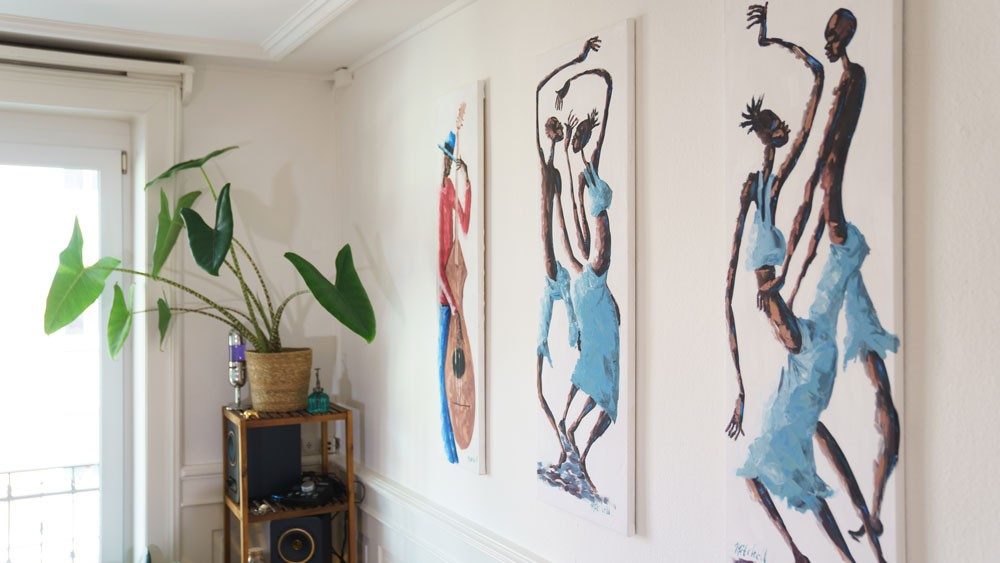

1. Xaver, tell us what defines you as a person?
My travels have shaped me to a large degree. I like to accept risk and uncertainty, because that's how I keep developing. I also never give up, no matter what happens. No matter what obstacles come in my way, they just add to my determination.
That may be one of the reasons my friends say I'm a little crazy (laughs). For example, rush hour on Zurich Bahnhofstrasse now seems quiet to me, because I'm used to something different with different noise levels.
2. What do you associate with Africa?
Absolute fascination! Africa is an incredibly beautiful continent and has so much potential. I'm grateful that I was able to spend such great times there and learn so much from the African continent – I'm looking forward to doing more work in other African countries so I can learn more.
3. Does sustainability play a role in your life?
Sustainability has so many facets and is applicable to life in many different ways. I don't want the world to be a worse place just because I'm here.
That's why sustainability for me starts with the smallest everyday things. I try to eat locally and seasonally, to take the train whenever possible, to consume relatively little, to buy only the bare necessities and not throw away broken things, but to repair them.
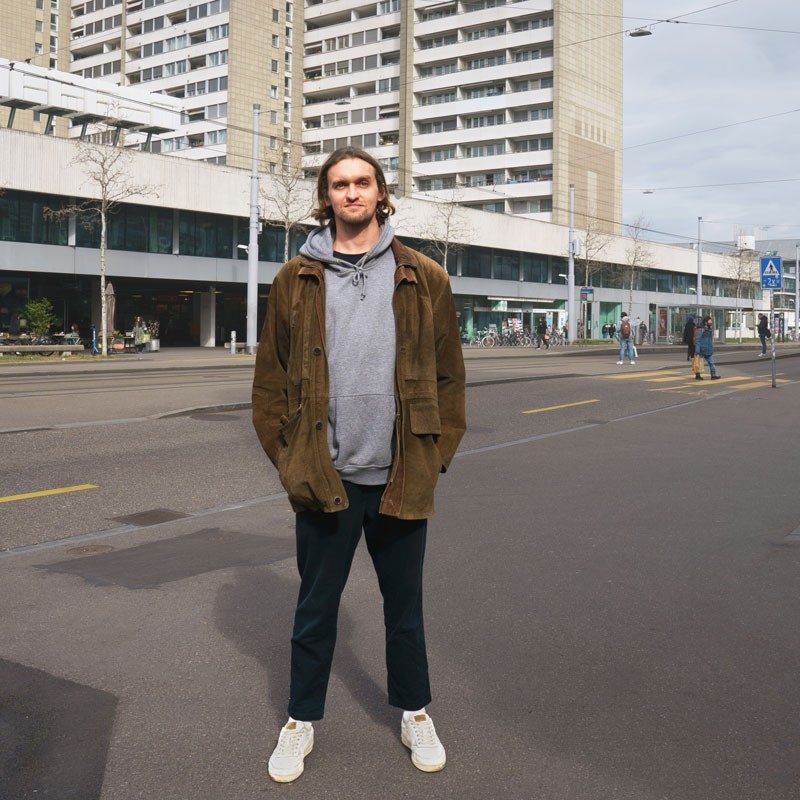

4. Now you're self-employed and have to address the topic of pension provision. What's your plan?
I'm not a professional, to be honest I don't completely understand Switzerland's 3-pillar system. But I know that I have to put something aside now to provide for my old age. That's why I decided to set up a 3rd pillar and pay into it regularly.
Even if I don't know the full workings of the system, one thing matters to me: my financial solution must be sustainable. Because only then does it match my values.
"For me, my third pillar is a long-term and sustainable investment."
5. Why did you not have a third pillar before?
Because very often I earned very little and I couldn’t really save much.
However, as a self-employed person, I have now reached the point where I can charge a reasonable price for my work. And that way I can finally set aside money for my future provisions.
6. Why do you have your third pillar with Pando?
Pando's third pillar convinced me from the outset. It is efficient, transparent and sustainable. What more could I want? (laughs)
Plus, Pando is incredibly simple. The financing concept is understandable. I can pay in whenever I want, and I can also check how my money is performing at any time. I pick up my phone, open the app and see all I need to know.
Pando by Swiss Life
Open a sustainable pillar 3a simply, digitally and in just a few steps? It's that easy thanks to Pando by Swiss Life. The new pension app allows investors to invest in ecological funds via smartphone. In doing so, they are providing for their own future and actively supporting the Sustainable Development Goals of the United Nations. Users always have full control over the performance and sustainable impact of their own investment.
Arrange a consultation
Request a consultation and learn all about pillar 3a.
Provide for the future with three pillars
The three pillars of the Swiss pension system allow you to build up your pension provision over years. We can help you look forward to a self-determined future.
image source: Philip Brand
Music by R.A.E.
